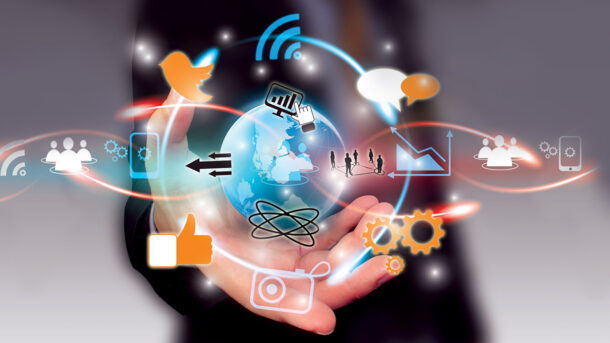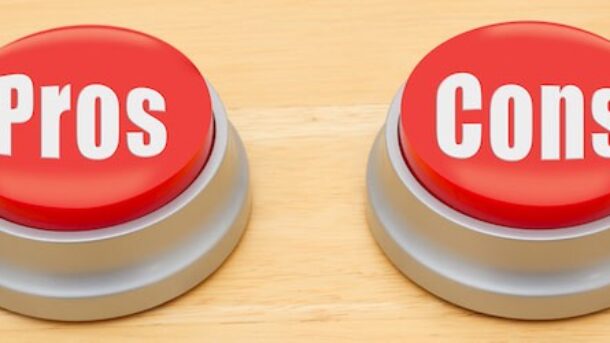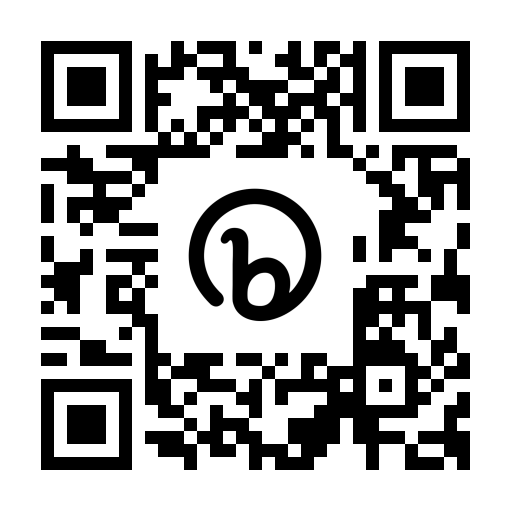I am excited to announce the launch of my new post, which will feature a wide range of content. I would be grateful for your support in the form of follows and engagement on my posts. Please note that while I aim to provide diverse and inclusive content, not all posts may align with everyone’s interests. Thank you in advance for your support.
Now you have the “Shoesmith Warning.”…….
I make no claim to being the best at writing. I am very smart in many ways. One topic that makes me build a whole website around common sense, which is a lost art, is what I am doing here: simply voicing my thoughts. No one else is helping or paying me to do so. This is the main reason why I have built my own site. FREE SPEECH
As the cornerstone of this post, please re-read this. where I explain how new I am to writing. If you happen to run into me on the street, you’ll be glad because I’m always looking for the good or the humor in life. I want to note here, this was not the case until my late 20s or mid-30s. Don’t get me wrong. No, no, no, I did not have a bad or difficult childhood. I have learn to let A LOT roll off my “shoulder”, you ask any one of my friends or family. I am not a door-mate but I will not worry about the big or ha even the small stuff. If I know, I cannot control that X for whatever reason. I will move on with my life. I’ve been known to sit down and make a list of reasons why you should “let it go” (1). It has taken me three months to find the foundation and the words to express the point I would like to make. not just come on the web and rant. I would have stayed on Twitter if I had wanted to do that.
Why would one man (2) make you so worked up to the point of stepping out of you own path of life and start making blogs. Blogs that pretty much just repeat information already out there on the Web, like what Jeff Jarvis(3) posted on it here. like Johnna Crider(4) posted on it here. last ⚡️Daniel(5) view he took on the topic here. Mr. Shoesmith, those are the three blogs, among many others, that can be found on a single platform. Why would your post be any different?
This is a fantastic question, and I’ll try to answer it briefly so as not to put you to sleep.
The short answer is “Freedom of Speech,” as I mentioned above.
However, I am aware that if I look hard enough on the internet, there are a ton of other people who have opinions on the subject of free speech or have posted privately about it.
Let’s take a deep dive into the strange theories surrounding this subject. Keep checking back for a future post—I try to publish one every week around Sunday.
(1)
Idina Menzel – Let It Go
Let It Go Lyrics: The snow glows white on the mountain tonight / Not a footprint to be seen / A kingdom of isolation /…genius.com
(2) A man “from Pretoria, Transvaal, South Africa” that has the following The founder, CEO, and chief engineer of many companies WIKI Jan 29th 2023.
(3) Jeff Jarvis is a journalist, associate professor, public speaker and former television critic. He advocates the Open Web[1] and argues that there are many social and personal benefits to living a more public life on the Internet. WIKI Jan 2023
(4) Johnna Crider, A Journalist of what I’d found only Medium… HERE Jan 2023
(5) Daniel, Journalist of what I’d only discovered in medium Here Jan 2023





